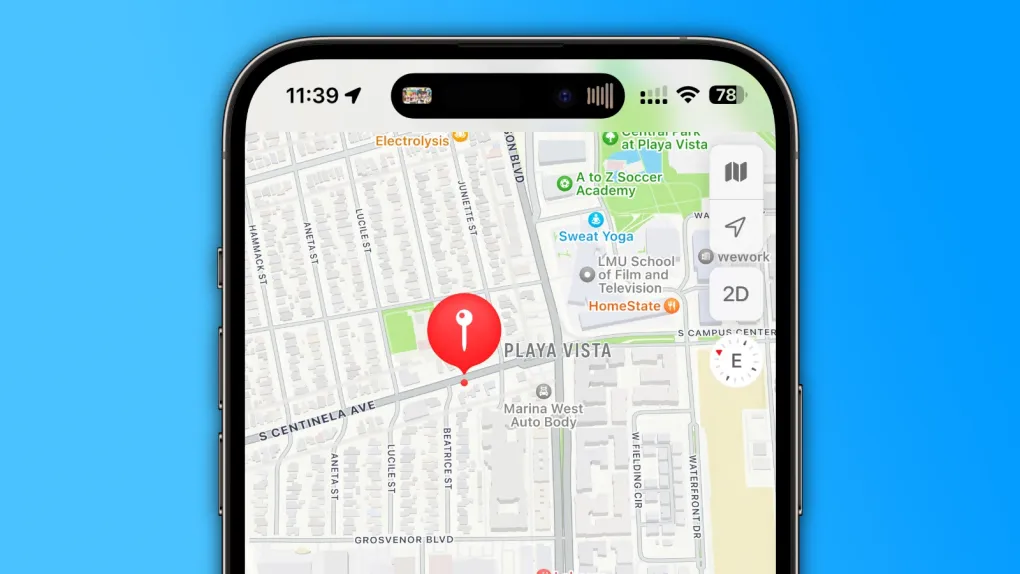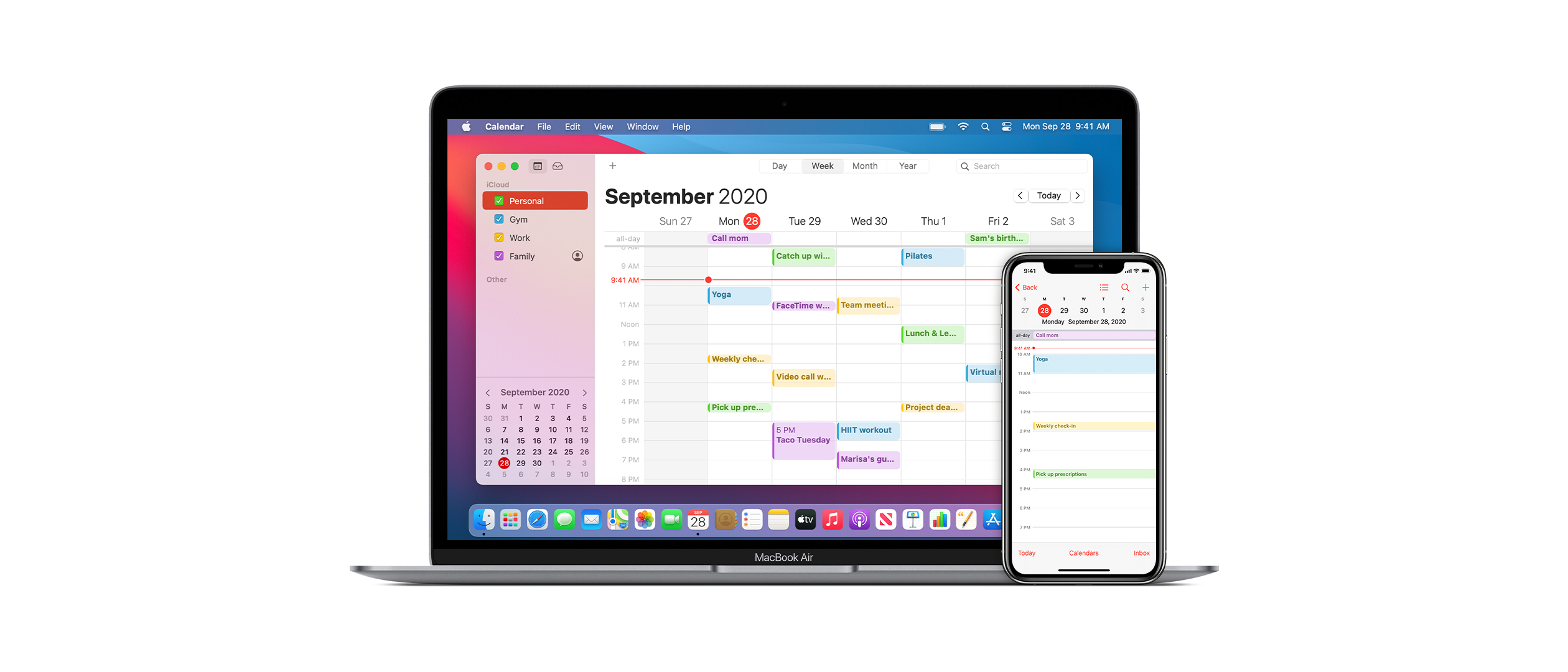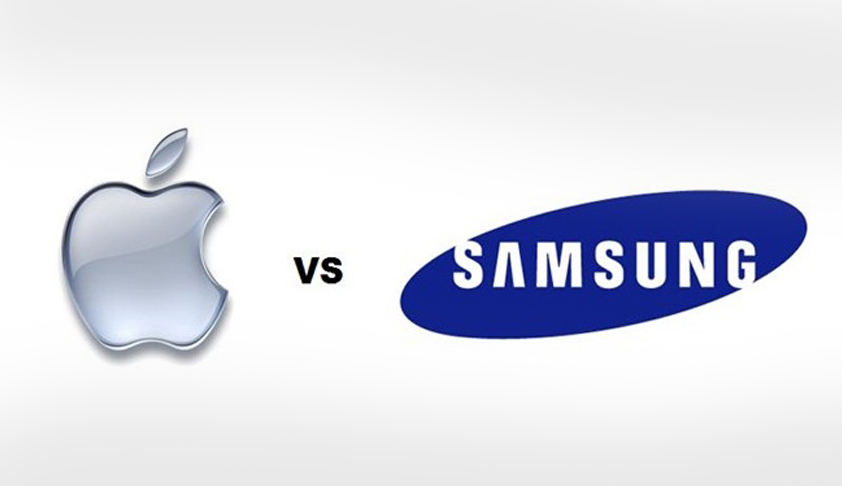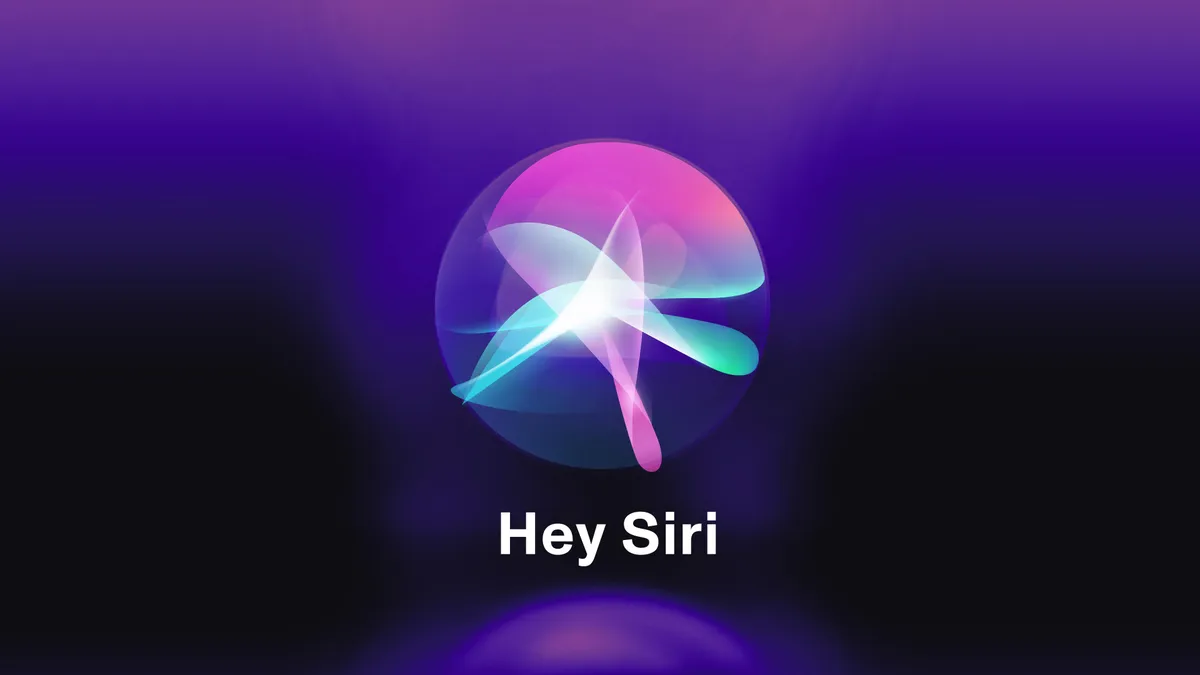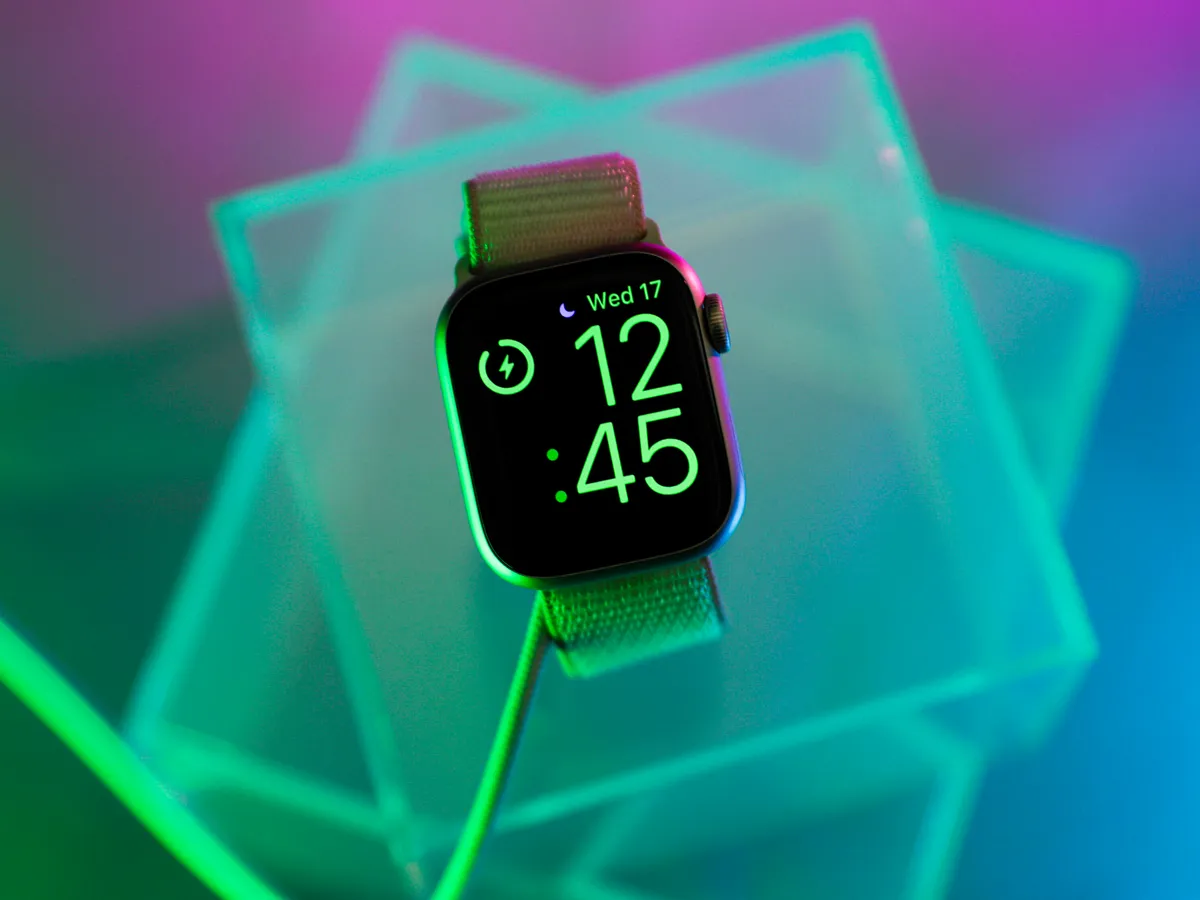Are you tired of hearing about DeepSeek? This popular chatbot from China has taken over tech news and even topped the App Store charts. But with fame comes risk, as it’s now linked to scams, phishing, and dangerous software for Mac users. Here’s what you need to know.
Welcome to our weekly security update, where we talk about keeping your Apple devices safe amidst the latest threats.
Scams and Fake Apps
Cyble, a well-known cybersecurity company, has been tracking various scams that use DeepSeek’s popularity. Scammers are tricking people into scanning QR codes for fake crypto deals or offering fake investments. There are also fake DeepSeek apps for Mac that look real, but the catch is, there’s no official DeepSeek app for Mac.
Malware Alert
The latest scam involves spreading AMOS, a notorious type of Mac malware, disguised as a DeepSeek app. AMOS, written in Swift, can work on both Intel and Apple Silicon chips. Hackers charge $1,000 a month to use this malware, which communicates with a cybercriminal’s server to steal your personal data like passwords, credit card details, and more.
How It Works
Here’s how you might get tricked:
- You download a fake DeepSeek app from a website or an email.
- The scammer tells you to open Terminal and drag a file into it.
- What looks like a safe file actually runs harmful scripts, putting your Mac at risk.
Protecting Yourself
With macOS Sequoia, Apple made it harder for unsigned apps to run, but hackers have found ways around this by using Terminal. Remember, DeepSeek only has apps for iOS and Android, so any Mac version you see is not legitimate. Also, avoid using DeepSeek altogether because of privacy issues; in China, laws allow for extensive data access and censorship.
Your Thoughts?
Are you concerned about DeepSeek’s privacy issues? Share your thoughts with us.
Stay safe out there, and keep your devices secure by being wary of what you download and where it comes from.
For more on Apple security:
- DeepSeek has raised privacy alarms, leading to investigations in the US and Europe, with the app already removed from Italy’s App Store.
- Security flaws named SLAP and FLOP could expose your web tabs on Apple devices.
- A court has put limits on how much data the FBI can search from tech companies under FISA.
- Google Ads are still being used by hackers, despite Google’s advanced tech and resources.
Stay informed and stay safe!

